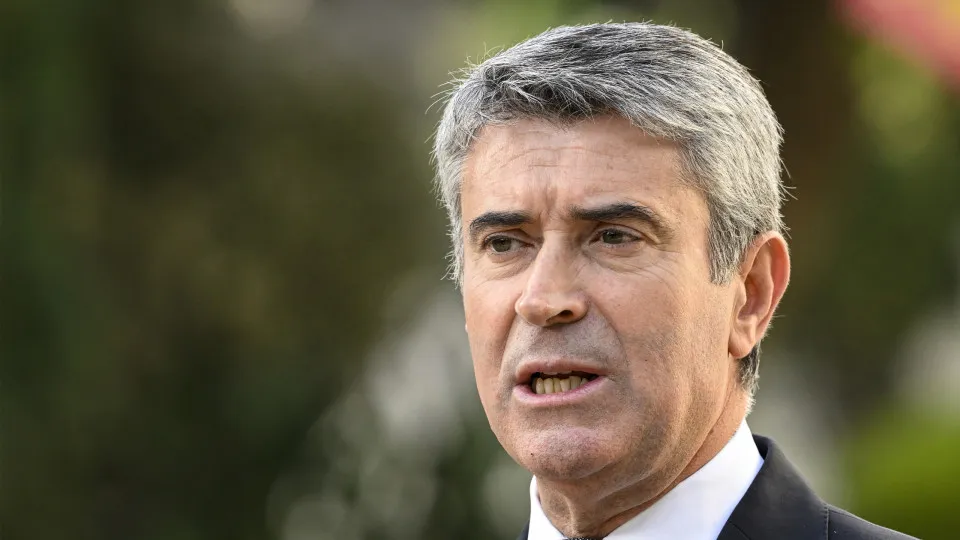
“The theme of the book concerns the Syrian refugee crisis and the broad public opinion that emerged, generalizing that everyone was a terrorist. I could not accept this opinion, and it compelled me to work on these issues, which I needed to address,” said the author, who has lived in Paris for 13 years.
Carla Pais is the second woman to win the LeYa Prize, entering under the pseudonym Aníbal Correia. This edition received 1,460 entries, the highest number ever.
The first female winner of the award was Gabriela Ruivo Trindade in 2013 with “Uma Outra Voz”.
Carla Pais told Lusa: “I always believe that a writer’s work will eventually yield results and bear fruit, so this work would be no different; I do not write for prizes, but if they come, they are always welcome.”
The author expressed her “surprise” at this distinction, which adds to others she has received, including the Francisco Rodrigues Lobo Prize in 2017 for her poetry book “A Instrumentação do Fogo,” as well as the Cidade de Almada Prize in 2018 and Best Fiction Book by the Portuguese Authors Society in 2023 for “Um Cão Deitado à Fossa.”
In 2018, she was a finalist for the Best Novel Prize of the Portuguese Writers Association with the work “Mea Culpa.”
Regarding “A Sombra das Árvores no Inverno,” the author said she felt “legitimized” to write about the country that has welcomed her for over a decade: “The book talks about when the terrorist attacks started here in France, in 2015, which was a shock for the country, and then we were witnessing certain issues being raised in relation to all this.”
“Between 2015 and 2018, a path regarding terrorism in France, the Syrian refugee crisis, and the advance of jihadism in that country unfolded, confronting Europe in general and France in particular with a range of issues, such as what do we do with all these people fleeing Syria. These were unsettling questions that caused me much distress and suffering,” the author explained.
“The opinions I heard around me were all in the generalized sense of ‘everyone coming is a terrorist.’ Not all can be terrorists, and we cannot generalize when talking about human beings; each person is an individual, and among those people were children, mothers, and others,” she added.
“A Sombra das Árvores no Inverno” is expected to be published “in the first months of next year,” said a source from the publishing group to Lusa.




